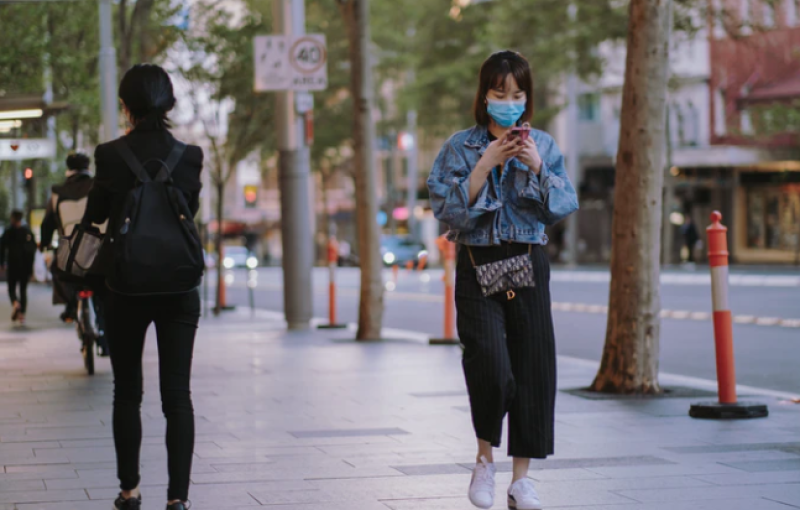
Changing the Message to Decrease Vaccine Hesitancy
by Jon Scaccia July 28, 2021No bones about it. We’re getting crushed by the Delta variant of COVID-19. Or, more accurately, the unvaccinated are getting crushed by the Delta variant. This has created a cascade of direct consequences.
First and foremost, people are dying. But not just dying. Dying unnecessarily. As has been noted, 99% of COVID-related deaths have been happening in the unvaccinated. Second, the ongoing prevalence of cases has set into motion a series of policies that reverse the “public lifestyle” gains that had been made. Mask mandates are reemerging, and we’ll likely soon see many more vaccine mandates for specific populations, like health care workers. And then, we get the tertiary consequences and economic drawback of people bunkering back down again. This is not great!
Last week, I brought up one professor’s clustering of the different types of vaccine-hesitant. Since then, one of my colleagues at the Alzheimer’s Association sent me Human-Centered Recommendations for Increasing Uptake.
It’s a much more comprehensive deconstruction of what the hesitant might look like from a behavioral and cognitive perspective. It also, then, provides recommendations on how to tailor messaging to these specific groups. All images below are excerpts from this report; not my images!

For each of these archetypes, there are specific messages strategies identified aligned with the underlying drivers of these beliefs.

Let’s take one of my cousins as a case example. He’s a young professional in his 20s. He would best be described as a concerned skeptic. Although he’s healthy, he’s concerned about the vaccine development process and what the long-term impact would be on him. So, the specific methods we would use could be:
- Proactively address side effects up front. “Hey Bill, we know that some people have had reactions, but people with COVID are more likely to have the same conditions!”
- Emphasize the scientific wins. “Although the development was quick, no quality steps were missed! It was human ingenuity at its finest.”
- Emphasize the long-term efforts to evaluate and monitor impacts. “You’re right, we don’t know the long term impacts of either COVID or the vaccine. However, scores of scientists are working to monitor and proactive address things as they emerge.”
Granted, helping to promote change is likely to be more successful than others. One thing I really liked, though, is this quote from the executive summary that emphasizes a positive, hopeful outlook.
We fundamentally believe that people who are concerned and reluctant to get vaccinated can be influenced through the right combination of information, messaging, and engagement. To do so requires that we develop a deep understanding of their worldview and values. Then, we must deliver personalized messaging that resonates with this worldview, followed by a seamless service experience with as little friction as possible.
Download the full report at this link, though it’s weirdly buried halfway down under “essential resources.”
Leave a Reply